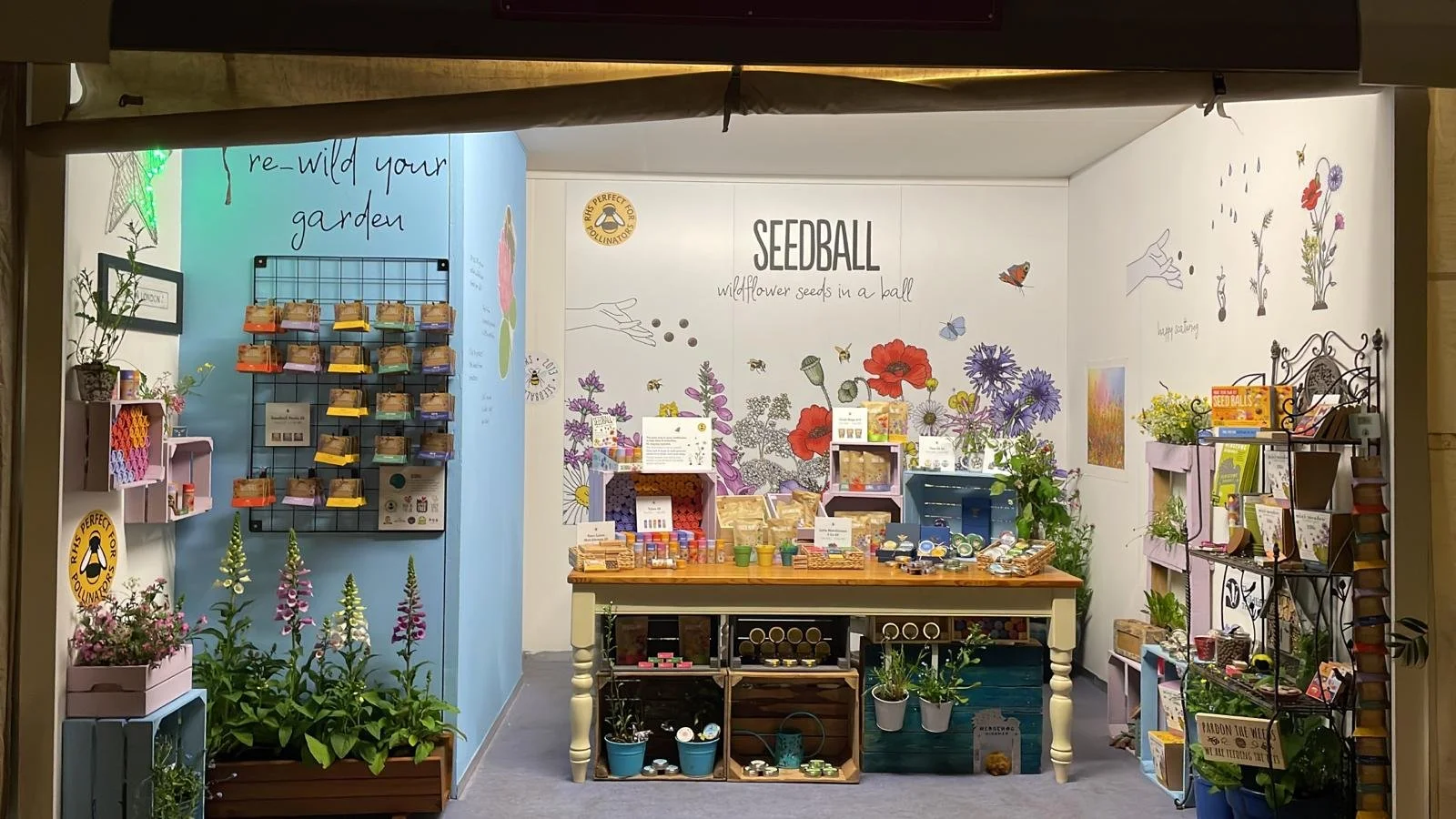When Seedball started, it wasn’t just about building a business — it was about solving a problem. Wildflower meadows in the UK have declined by over 97% since World War II, and we wanted to do something about it. The idea was simple: create seed balls that make it easy for people to grow wildflowers and support biodiversity — even if they didn’t have a green thumb. The mission was clear from day one — and that’s exactly why it worked.
1. Purpose is the Foundation for Loyalty
People don’t just buy products; they buy into stories and values. Seedball isn’t just about wildflowers — it’s about contributing to a larger environmental movement. From the start, we positioned Seedball as a way for people to take action against the loss of biodiversity. This emotional connection is why customers keep coming back. When someone buys Seedball, they feel like they’re making a difference — and they are. That emotional payoff creates customer loyalty that no discount or clever ad campaign ever could.
Purpose-driven brands create a deeper sense of meaning — and customers feel that. They want to align their spending with their values, and Seedball gives them a way to do that effortlessly. It’s not just a product; it’s a statement.
2. Storytelling Drives Engagement
Our social media strategy was never just about product promotion — it was about storytelling. Every post, every campaign tied back to the same message: small actions create big change. When we showed the impact of customers’ planting efforts — wildflowers blooming, bees returning — engagement soared.
We didn’t have a massive ad budget. What we had was a consistent, authentic message — and that’s what built community. Customers didn’t just engage with Seedball; they became advocates for it. They shared their planting stories, tagged us in their progress, and contributed to the bigger mission. That level of organic engagement is the gold standard in marketing — and it came from leading with purpose.
3. Purpose = Longevity
Businesses focused purely on profit burn out fast. There’s only so much you can push without a deeper reason behind the work. Seedball’s purpose — to make a real environmental difference — is why it has lasted and grown. It’s also why customers keep coming back.
When you build a business around purpose, customers don’t just see you as a brand — they see you as a partner in something bigger. That’s why Seedball’s growth has been consistent even through market shifts. It’s not transactional; it’s emotional.
4. Scaling with Purpose Means Smarter Growth
It would have been easy to overproduce or push for rapid growth, but that would have compromised the mission. We scaled Seedball steadily, focusing on sustainable manufacturing and ethical supply chains. Growth was always tied to purpose — if a move didn’t align with the core mission, it didn’t happen. That strategic alignment is why Seedball remained profitable without losing its soul.
Takeaway:
The Seedball strategy wasn’t about chasing numbers — it was about building a business that aligned with a deeper mission. That’s why it worked. Purpose creates loyalty, drives organic growth, and gives your business staying power. When customers feel like they’re part of something bigger, they stick with you.



